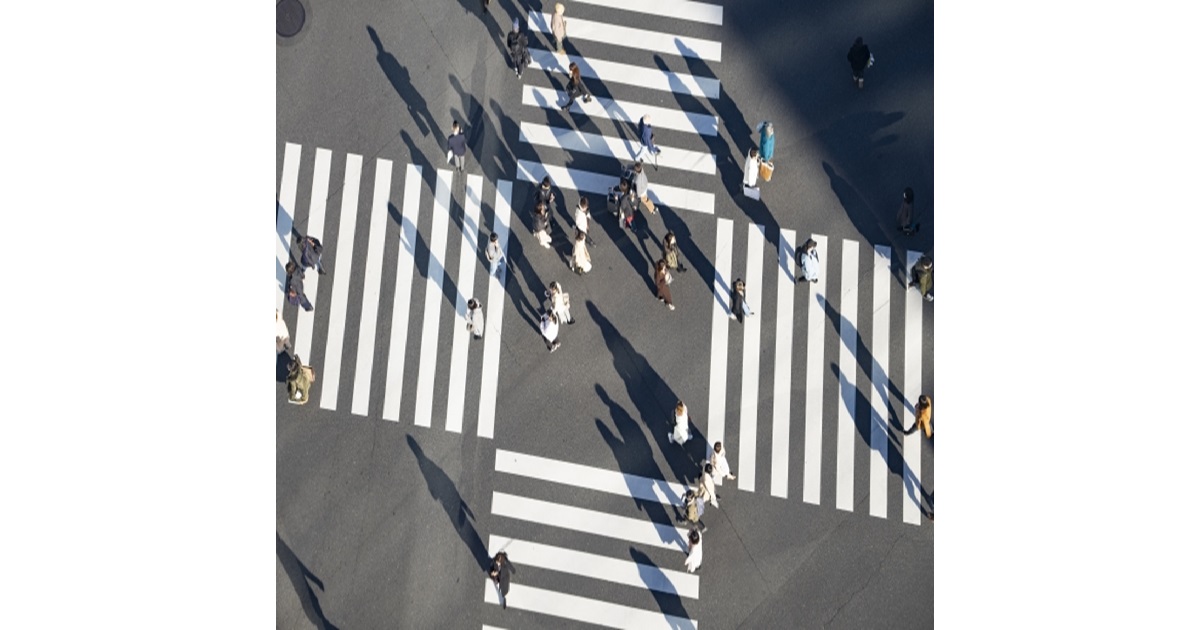There’s a strange thing that happens when you live away from your home country for a long time.
You start to idealize it.
You remember the good things, the tastes, the sounds, the feelings.
But then you go back.
And you realize with a jolt that while you were away, something fundamental has shifted.
It’s not Japan that has changed.
It’s you.
They call it “reverse culture shock,” and let me tell you, it’s a powerful and disorienting feeling.
Here are the five strangest things I now notice whenever I return to the country I was born in.
Losing My “Japanese-ness”: Becoming a Foreigner in My Own Country
1. The Silence Isn’t Peaceful Anymore, It’s Deafening
I used to think of Japan as a peaceful, quiet country.
Now, the silence feels… loud.
On a crowded commuter train, no one speaks.
In a ramen shop, the only sound is the rhythmic slurping of noodles.
Living in Europe, I’ve grown accustomed to a constant low hum of human chatter in public spaces.
Returning to Japan, the lack of it feels almost unnatural, like everyone is holding their breath.
It’s no longer calming; it’s a heavy, oppressive quiet that makes me feel like I’m the only one who wants to speak.
2. The Service is So Perfect, It’s Almost Uncomfortable
The legendary Japanese customer service, or omotenashi, is something I used to be proud of.
Now, it makes me deeply uncomfortable.
The convenience store clerk who bows perfectly and speaks in a high-pitched, formal tone.
The elaborate, multi-layered wrapping for a single small purchase.
It’s all so flawlessly executed that it feels… inhuman.
I find myself wanting to say, “Please, just relax! You don’t have to be a perfect robot for me.”
I’ve grown to appreciate the slightly chaotic but genuine human interaction of a European market, and the perfect politeness of Japan now feels like a beautiful, but cold, performance.
3. The Visual Overload is Real
My eyes hurt for the first few days back in Japan.
Every train car is plastered with dozens of brightly colored advertisements.
Every storefront screams with flashing lights, mascots, and an avalanche of text.
It’s an assault on the senses.
Abroad, things are visually quieter.
I had forgotten how much information the Japanese urban landscape constantly throws at you.
It’s designed to be efficient, but now, to my unaccustomed eyes, it just feels like noise.
4. Everyone is a Master of Mind-Reading
I’ve lost the Japanese superpower: kuuki wo yomu, or “reading the air.”
I find myself asking direct questions in situations where I’m supposed to just “understand” what is expected.
I make jokes that fall flat because they disrupt the group harmony.
I have to consciously remember not to say a direct “no.”
It’s exhausting. It’s like trying to play a complex board game where I’ve forgotten all the rules.
5. I Don’t Know How to Complain Anymore
This is the most personal one.
If a waiter gets my order wrong where I live now, I’ll politely point it out.
In Japan, the thought of doing so fills me with a strange sense of dread.
The desire not to cause trouble, not to make someone lose face, is overwhelming.
So I’ll just eat the wrong dish and say nothing.
This deep-seated instinct to prioritize harmony over my own needs is something I thought I had unlearned, but it comes rushing back the moment I land at Narita Airport.
It makes me wonder about the person I’ve become.
Reading about these cultural deep dives can sometimes help me make sense of my own confused feelings.
Going home is a strange and sometimes lonely experience.
It’s a powerful reminder that the more you see of the world, the less you truly belong to any single part of it.
And maybe, just maybe, that’s okay.
You Might Also Like
This feeling of being caught between two worlds is something I think about a lot.
Is it possible to be fully a part of a new culture without losing a piece of your old one? I explore this in another piece.
【Am I Still Japanese?】An Honest Reflection on Living Between Two Worlds




